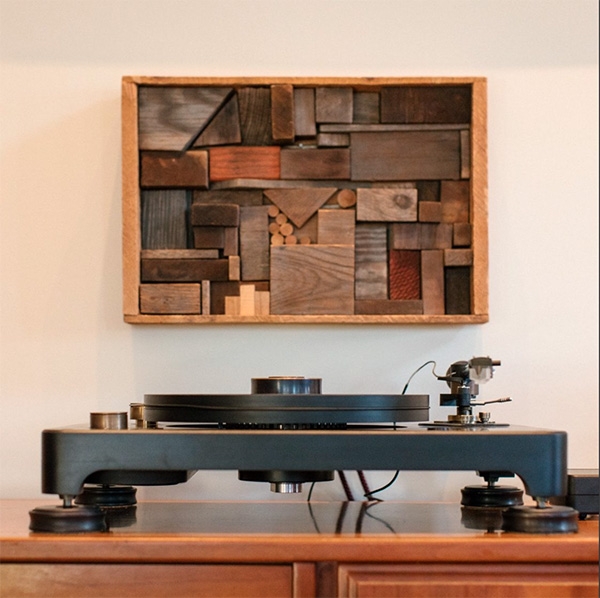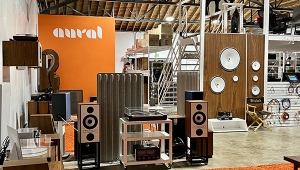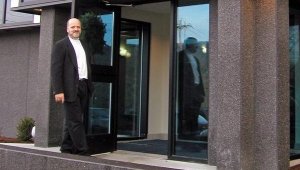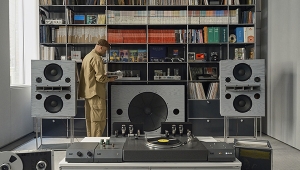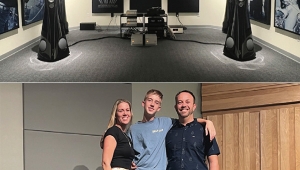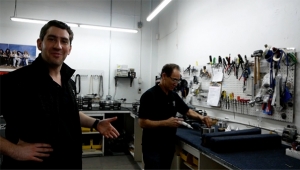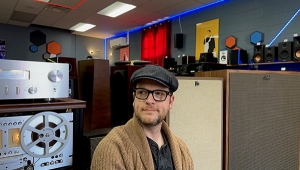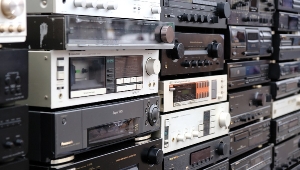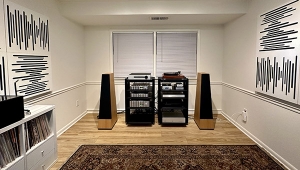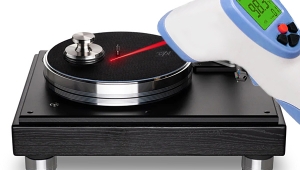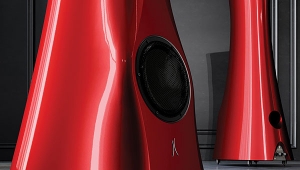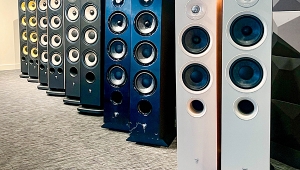| Columns Retired Columns & Blogs |
I love Hildebrand's approach. Getting folks excited for music in general is the key. I am seeing free local events provide new interest for neophytes to get involved. I do think Boomers scare off a few of them, though it's a generalization.
Looking at Qobuz's Top Releases / Still Trending tabs, or even within Acoustic Sounds' Best Sellers, it's largely canted to old classics everyone owns and provides little inspiration for generations below Gen X to get inspired about our hobby. I feel this disconnects new converts to hifi.
If there would be more ways to to have hybrid events for vinyl lovers, for both audiophiles and record collectors, I think the two can coexist and inspire each other in their own ways; one with deeper knowledge of hifi and the other with new music. An open mind will be required by both.
I really think more rock / pop reviews need more exposure in Sterophile, despite the complete, fervid resistance to that by largely Boomers. I know it would be fraught with finding an audience, but finding a way to bring in new music lovers has to have an answer.
PS- Sleaford Mods - UK Grim... Fun AF.
